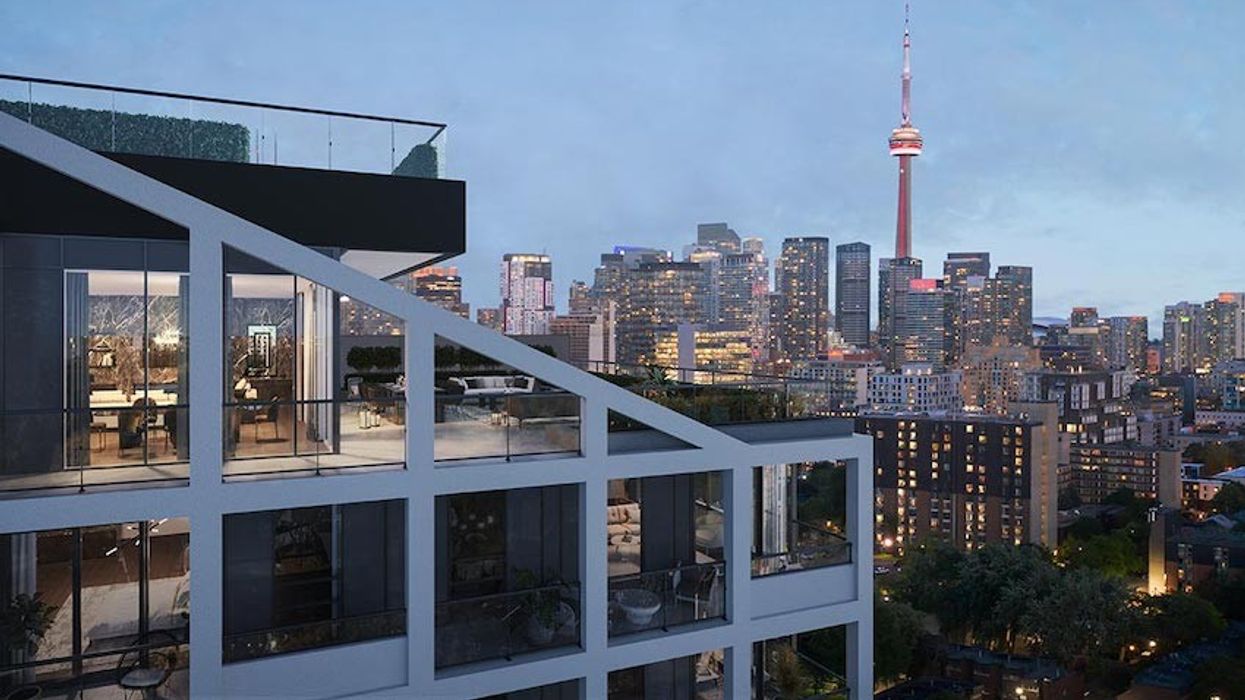It’s been a wild ride for the GTA real-estate market through COVID -- especially in the condo segment.
After last spring’s activity was locked down by, well, a literal lockdown, the summer and fall saw an unexpected rush of activity as buyers and sellers came back in a veritable deluge.
By mid-fall, alongside the announcement of a vaccine, condos began to make up any ground they may have lost on the single home sector, culminating in December seeing a staggering 75.4% increase year-over-year.
January data only served to confirm the full-on reboot of condos. (And the spring market is already looking to double-down.)
RELATED:
Spring to Bring Downtown Toronto Condo Market into Full Bloom
The Value of Having Values When Building Communities
Of course, the pandemic caused many condo buyers and sellers to rethink what exactly it is they want from their homes and investments alike.
Now, after a year of yo-yoing, and as those aforementioned vaccines finally point to a light at the end of the tunnel, what do market trends mean for people thinking about buying a condo in 2021 and beyond?
Where We Are
The overall residential real estate market is continuing its climb ever upwards – sales were up 8.4% from 2019 while the average selling price hit $929,699, up 13.5% year over year, according to the Toronto Regional Real Estate Board (TRREB).
While condo sales were down 5.5% from the start of the pandemic to the end of 2020, this was in large part due to an influx of units hitting the market when short-term rentals, such as Airbnb, were met with new city rules and a lack of travel (again, due to COVID). As a result, many investors were looking to sell. At the same time, with offices closed and many people working from home, buyers were also hesitant to snap up apartments in the core.
All things considered, this trend didn’t last long.
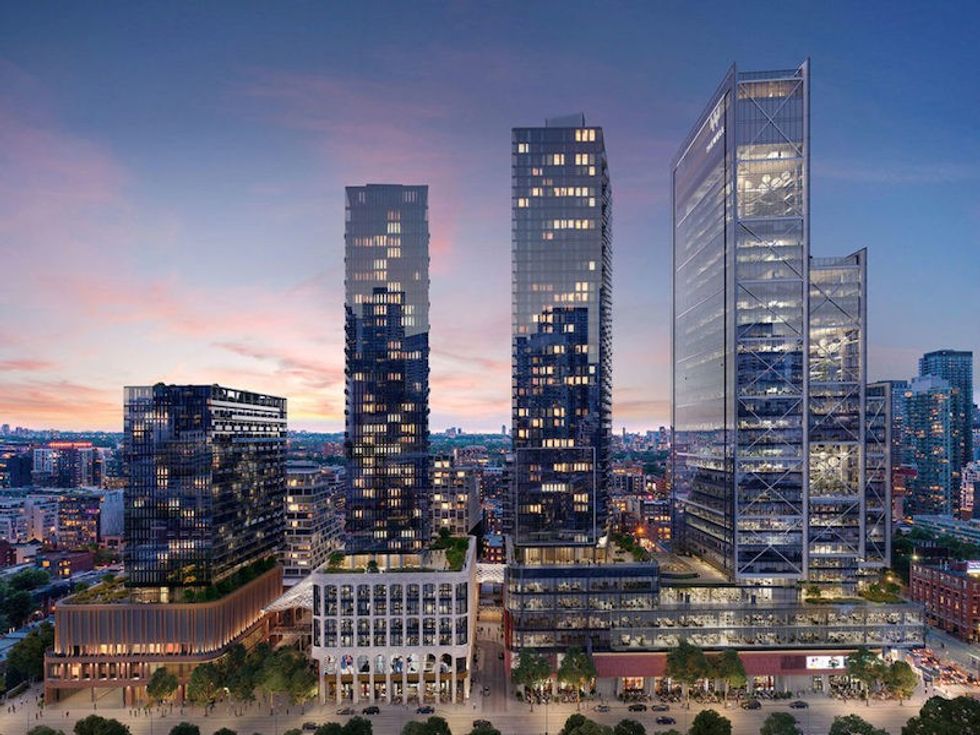
Condos are already back in hot demand, with average prices also back on the rise. In fact, almost every property type across the GTA has seen strong appreciation according to TRREB, with the average price of all home types eclipsing $1,000,000 for the first time in history.
And while Pauline Lierman, Director of Market Research for real-estate research firm Urbanation Inc., points out that “2020 was the first year we saw the 905 new condo sales surpass those of the 416, comprising 51% of the market,” many experts believe this is not likely an indication of a hollowing out of the city centre. After all, construction of new units has been increasing in the 905 region over the past two years, Lierman notes.
Indeed, TRREB only expects condo prices to continue to stabilize this year, as resale units and more newly-built units come on the market.
What We Have
“We are a diverse region in the GTA,” says Jason Mercer, chief market analyst at TRREB.
“We attract people from around the world – that’s why demand is strong in the GTA -- and we haven’t seen the supply of housing keep up with the demand.” He adds, “We need housing types to bridge the market between condos and low-rises.”
Enter: Tridel.
The leading condo developer with more than eight(!) decades of experience to rely on is perfectly positioned within the current market not simply because of its reputation and wisdom, but because of how much it has to offer. Or, should we say, how many it has to offer?
“There are many submarkets, like the Kingsway or Downtown West, with different needs,” says Jim Ritchie, Chief Operating Officer at Tridel, while speaking about the desires and demands of condo buyers.
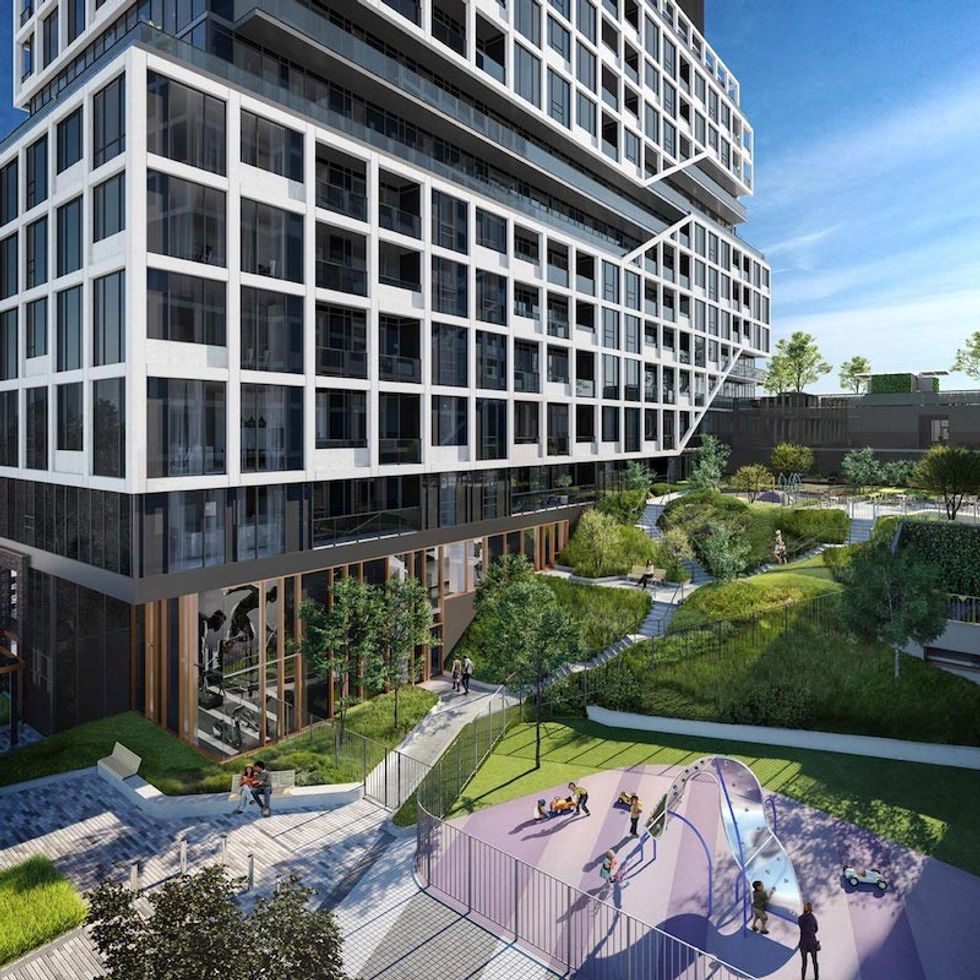
Thankfully, Tridel has more than 20 new communities currently under development in the GTA. For buyers looking for a more affordable entry-point and the urban feel that comes with living in downtown proper, MRKT may just be the perfect option with its proximity to Chinatown, Kensington Market, and Queen West.
Meanwhile, Tridel at the Well, the developer’s already iconic (and massive) mixed-use development, offers nearly a full world of options unto itself. With over 700 suites, including the luxury Signature Series, the development is surrounded by walkable retail, restaurants and entertainment in the King West area.
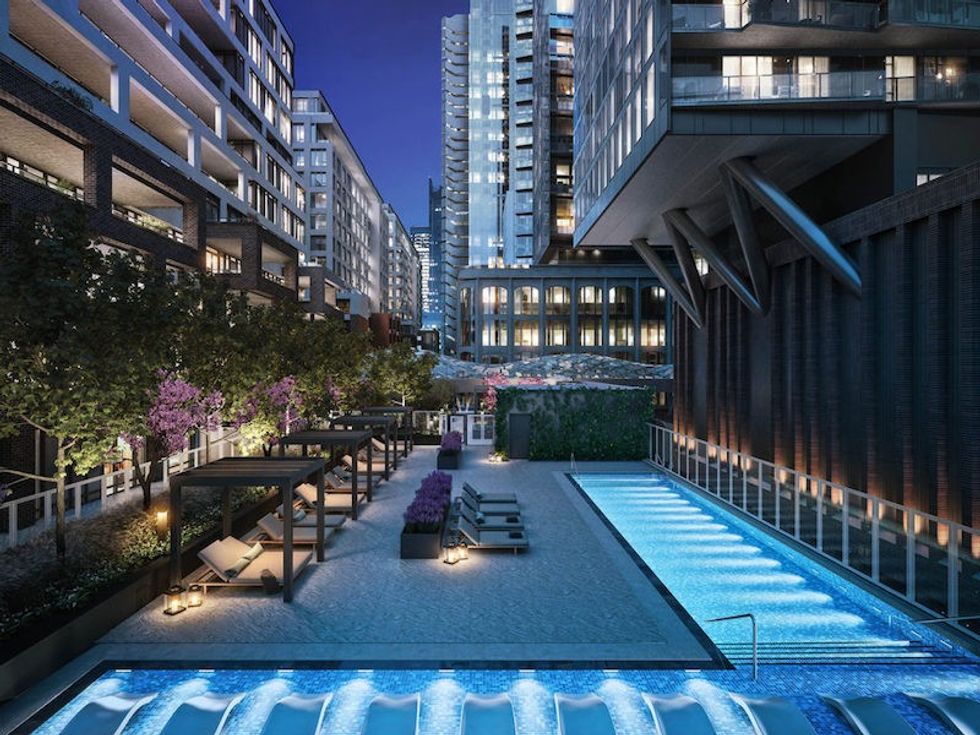
If a post-COVID world is looking for a downtown party – elegant or otherwise – every single soirée will take place at The Well.
Of course, not everyone will once again clamour for the call of King West on a Saturday night, and Tridel knows this.
Hence the introduction of Westerly Condos at Islington and Dundas, and Edenbridge condos and townhomes, on The Kingsway in Etobicoke. Compared to the downtown core, these suites are larger, and stand in an upscale, more suburban setting; the former of the two developments is ideally situated alongside the Kipling Transit Hub, which is set to revolutionize transit in the area.
Edenbridge, meanwhile, “typically attracts empty nesters,” Ritchie says. The nine-storey building set along the scenic Humber River valley will eventually be part of a mixed-use community for end-users and investors alike.
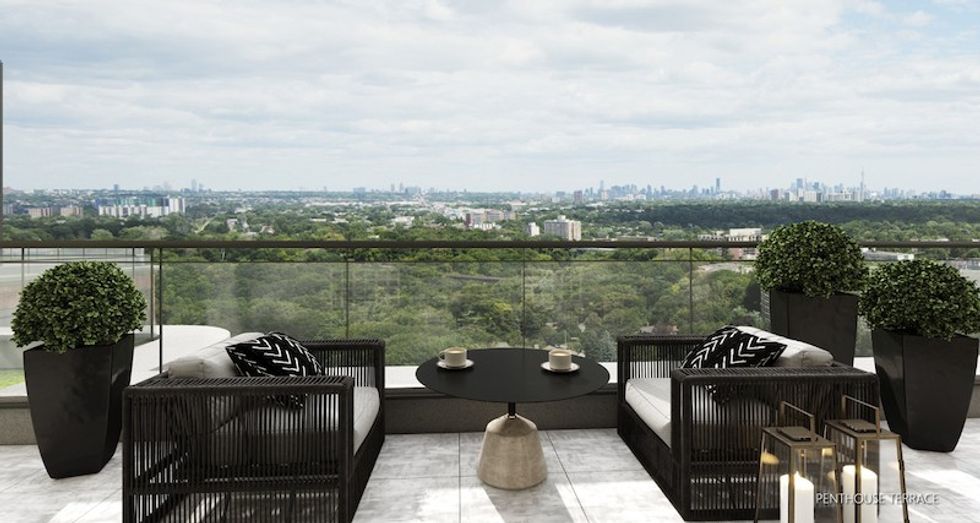
“Investors are always a part of the marketplace but if the design (of a building) is a good mix of product types, it brings out the (end-user) buyers,” Ritchie reminds us.
Where We’re Going
“Condos are a fantastic long-term cash flow investment if the price, market rents, and location are appropriate,” says David Stroud, founder of Mortgage Sandbox, a real-estate and mortgage-rate analysis and forecast site.
And while another feature of the real estate market in 2020 was the hot suburban activity, Stroud adds that, “longer-term, the stampede to the suburbs will likely roll-back once the pandemic subsides, people have the option of returning to the office, and kids are back in schools.”
The return to the office, for many, will be very real. And with it will come the return to downtown living.
There is also the major factor of immigration, which will likely affect the condo market.
“A key driver is population growth, particularly immigration, whether for investors or end-user purchasers,” says TRREB’s Mercer.
The federal government has set a target over 400,000 immigrants per year. “Toronto is a big beneficiary of that,” Mercer adds. Beyond immigrants from abroad, once the pandemic is brought under control, people coming to Toronto for jobs from elsewhere in Canada, as well as students – both international and domestic – returning to the city when schools open, will add to the number of people seeking rental homes.
“Generally, higher immigration (and migration) will impact the rental market first, before making its way into the buyer market a couple of years on,” Lierman says. But higher rental demand gives confidence to investor buyers.
Forecasting under these unique circumstances is difficult, experts agree.
“The uncertainty is based on when the immigration taps are turned on and borders opened, and a certain percent of vaccinations have allowed for some normalcy,” says Lierman.
But what experts do agree on is that there is not enough supply of homes in the GTA; and this is especially true where those in-between single-family homes and tiny apartments are concerned.
“As buyers and investors look to the future, they still see a home as a good investment,” says Lisa Patel, president at TRREB. A recent Ipsos survey for TRREB showed 81% of respondents currently had strong buying intentions, up from 2020.
“There has been a big demand across the GTA and Ontario overall. The biggest challenge is the lack of supply.”
Real estate should always be viewed as a long-term investment, whether in the case of end users or investors. But if there is light at the end of the COVID tunnel, it just might be shining out from thousands of future downtown condos.
